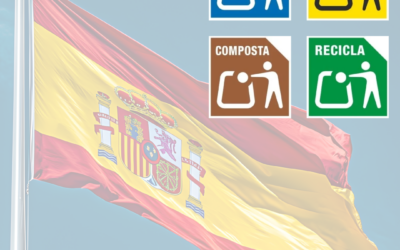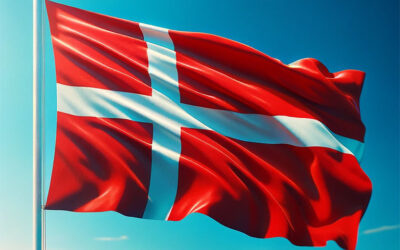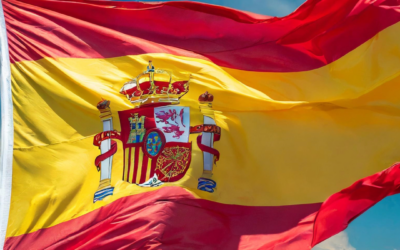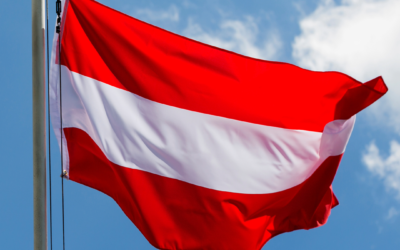Lizenzero.eu Blog
Welcome to the Lizenzero.eu blog, your trusted source for innovative solutions and expert insights into the world of sustainable packaging management and eco-friendly waste disposal.
All information at a glance
Up to date
Easy & Fast
Reliable

Mandatory labelling in Spain
Since 1 January 2025, a new labelling requirement for packaging apply in Spain, which was introduced by Royal Decree 1055/2022. Companies that place household packaging on the market in Spain must now ensure that their packaging is correctly labelled. After 1 January 2025, no packaging may be placed on the market in Spain without a label.
Extended producer responsibility for packaging in Denmark: Everything you need to know!
On 1 October 2025, a new era in waste management will be introduced in Denmark: extended producer responsibility (EPR) for packaging is coming. (The new regulations regarding extended producer responsibility were originally scheduled to come into force on 1 July 2025). In concrete terms, this means that from this date, manufacturers will be obliged to ensure that their packaging is recycled. Denmark is thus the last country in the EU to implement the overarching EU Packaging Directive 94/62/EC.
From 2025: New EPR regulations for industrial and commercial packaging in France
From 2025, many companies in France will be facing a change: Industrial and commercial packaging will also fall under extended producer responsibility (EPR) from then on. The new regulation is part of French legislation to reduce packaging waste and strengthen the circular economy and ensures that packaging that was previously not collected is now included in the recycling cycle. But what exactly does this mean for you as a company if you place packaging on the French market? And how can you best prepare for the new requirements?
Latest Updates on the VAT in the Digital Age Reform
VAT is among the most important revenue sources for the member states’ national coffers. Factually supported statistics show that, on average, from the perspective of the entire EU, around 20% of the revenue from tax collection comes from the value-added tax. This data unquestionably shows VAT’s importance in gathering resources within the tax space. Based on these facts, it’s not difficult to comprehend why the national tax authorities and the EU are continuously looking for areas they can improve to decrease the level of tax fraud, evasion, and other illegal activities that contribute to the VAT gap.
Commercial packaging in Spain: New system participation obligation from 2025
From 2025, one crucial point will change for companies that ship goods to Spain: commercial packaging will also be subject to system participation from January 2025. While this obligation previously only applied to household packaging, commercial and industrial packaging will also be affected from next year. In this article, we explain what this means for you and what steps you can take now so that you can prepare in good time and fulfil all the new requirements.
Mandatory deposit from 2025 in Austria: everything you need to know about your beverage packaging
From 1 January 2025, a nationwide deposit system for single-use beverage packaging such as plastic bottles and cans will be introduced in Austria. The reason for the introduction is to increase recycling rates, reduce waste and protect the environment in Austria. However, this change in the law also brings new obligations and challenges for retailers and manufacturers who deliver to Austria. In this article, we will inform you about everything you need to know about the upcoming deposit system, the legal framework and how you as a company can best respond to it.






